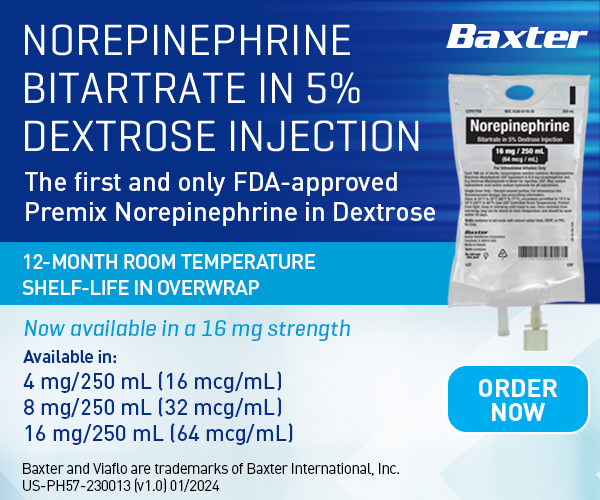SANTA MONICA, CA — Many mental health programs will not accept patients with active substance use issues. That effectively denies treatment to many veterans who have served in the past 20 years, among whom co-occurring substance use disorders and mental health disorders are particularly common.
Requiring abstinence makes sense; continued substance use can disrupt the patient’s and other participants’ treatment for mental health issues. On the flip side, failure to address mental health issues makes achieving sobriety extremely challenging, as veterans may be using substances to mitigate mental health symptoms.
A recent RAND Corp. report recommends a third path: an integrated, rather than sequential, approach to overcome this conundrum.1
High Comorbidity Rates
“Despite federal and community efforts to improve the quality and availability of care for veterans, they remain at high risk of developing both mental health disorders and substance use disorders,” said lead author Eric Pedersen, PhD, an adjunct researcher at RAND and an associate professor of psychiatry and behavioral sciences at the Keck School of Medicine of the University of Southern California in Los Angeles.
To understand the issues facing veterans struggling with these issues, researchers at Santa Monica, CA-based RAND partnered with the Wounded Warrior Project, a nonprofit organization established to support the more than 140,000 post-9/11 veterans who incurred a physical or mental injury, illness or wound while serving in U.S. forces and their families. Many of these veterans have multiple illnesses or injuries as well as substance use disorder.
A 2019 survey of veterans who are part of the WWP found that 57% had post-traumatic stress disorder, while nearly 40% had severe or moderately severe depression, including one-third who reported thinking they would be better off dead within the last two weeks.
Approximately one-third of veterans screened positive for alcohol use disorder, and just under 30% responded positively to at least one of the screening items in the Two-Item Conjoint Screen for substance use disorder. A total of 44.6% had positive screens for SUD or hazardous alcohol use.
Among WWP veterans who had PTSD or depression, 52.4% screened positive for hazardous alcohol use or potential substance use disorder.
Co-occurring Disorders
The researchers evaluated more than 100 meta-analyses, systemic reviews, narrative reviews, randomized clinical trials and observational studies focused on treatment for veterans and nonveterans with both substance use and mental health disorders. Within the literature base, they noted that a significant number of rigorous studies and reviews looked specifically at veterans.
“The evidence base indicates that integrated treatments, in which both SUDs and co-occurring mental health disorders are addressed concurrently, have more consistent evidence than approaches that traditionally focus on a single disorder or treat problems sequentially,” the authors concluded. “Theoretically, integrated treatments make sense, given the high prevalence of co-occurring disorders among the post-9/11 veteran population and the interactions between substance use and mental health symptoms that perpetuate problems and complicate treatment trajectories.”
Most integrated programs treated patients with SUDs and PTSD. Three of these integrated treatments had a substantial evidence base—Concurrent Treatment of PTSD and Substance Use Disorders Using Prolonged Exposure (COPE), Seeking Safety and integrated cognitive behavioral therapy. Certain medications also appeared efficacious in integrated treatment, notably, naltrexone and antidepressants.
Continue Reading this Article: Barriers to Care

